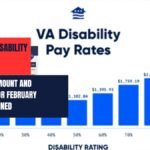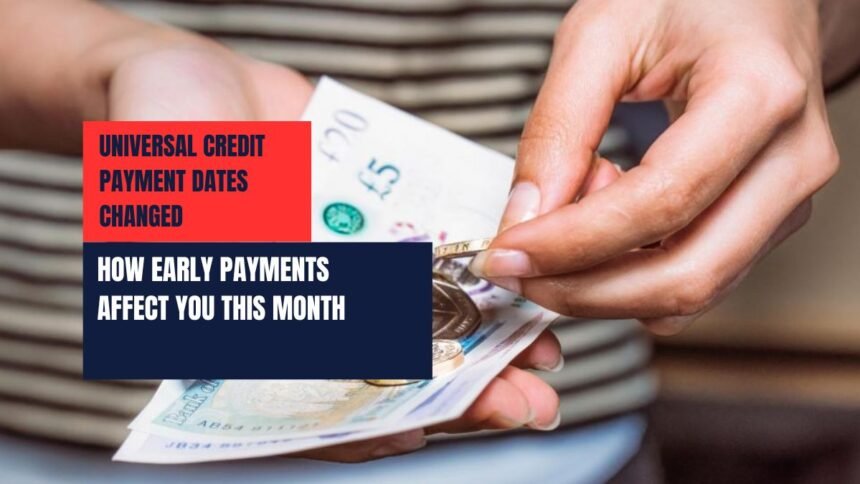Universal Credit (UC) is a key financial assistance program provided by the Department for Work and Pensions (DWP) to help with living costs. It’s aimed at those who are unemployed, have a low income, or are unable to work. This month, there are changes to the Universal Credit payment dates, which might mean benefits are arriving earlier than usual. Let’s dive into the details, including how these changes might affect you and some tips for managing your finances.
Universal Credit Payment Dates Changed
The date you receive your Universal Credit payment depends on when you applied and your assessment period. Payments are usually made seven days after the end of your assessment period. If your payment date falls on a weekend or a bank holiday, the Department for Work and Pensions ensures that you receive it on the preceding working day.
For August 2024, the summer bank holiday on August 26th might result in early payments for those with due dates on this day. Check your latest statement or online account for confirmation of any changes.
Payment Schedule Overview
| Event | Date | Details |
|---|---|---|
| Regular Payment Date | August 30, 2024 | Standard payment date after assessment period ends. |
| Bank Holiday | August 26, 2024 | Possible early payment due to bank holiday. |
| Expected Early Payment | August 23, 2024 | Payment might be credited on the preceding working day. |
Benefits Are Coming Early This Month
Universal Credit is generally paid once a month and is deposited into your bank account. Payments are based on your circumstances during a specific assessment period. After your first payment, subsequent payments arrive seven days after each assessment period ends.
For August 2024, if your payment is due on a Monday that coincides with the bank holiday on August 26th, you could receive it on August 23rd, the preceding Friday. This ensures that you have access to your benefits even when a public holiday falls on your regular payment day.
Budgeting Tips for Universal Credit Payment Dates Changed
Managing your budget effectively is crucial when dealing with early payments due to bank holidays. Here are some tips to help you adjust:
- Weekly Budgeting: Divide your monthly budget into weekly segments to better manage your expenses, even with an early payment.
- Prioritize Bills: Use your early payment to cover important bills like rent, utilities, and groceries as soon as you receive it.
- Save for Future Needs: Consider saving a portion of the early payment to build a buffer for future expenses.
- Review Your Budget: Adjust your budget as needed to streamline spending and make sure it fits your financial situation.
Budgeting Tips Table
| Tip | Details |
|---|---|
| Weekly Budgeting | Break your monthly budget into weekly amounts for better management. |
| Prioritize Bills | Pay essential bills like rent and utilities first. |
| Save for Future Needs | Set aside a portion of the early payment for savings. |
| Review Your Budget | Adjust your budget to reflect the early payment. |
All We Know
The changes in Universal Credit payment dates are mainly due to bank holidays. If your payment date falls on a weekend or a bank holiday, the Department for Work and Pensions will credit your account on the preceding working day. This helps you access your benefits without delay during public holidays.
Staying informed about upcoming bank holidays and their impact on your payment dates will help you manage your finances better and avoid confusion.
FAQ’s
Why are Universal Credit payments coming early this month?
Universal Credit payments may come early this month due to the summer bank holiday on August 26, 2024. If your payment date falls on this holiday, you will likely receive your payment on the preceding working day.
How can I find out if my payment will be early?
Check your latest Universal Credit statement or online account for updates. The Department for Work and Pensions will notify you if your payment date changes due to bank holidays.
How should I manage my budget with an early payment?
To manage your budget with an early payment, divide your monthly budget into weekly amounts, prioritize essential bills, and consider saving a portion of the early payment for future needs. Adjust your budget as needed to fit your financial situation.





